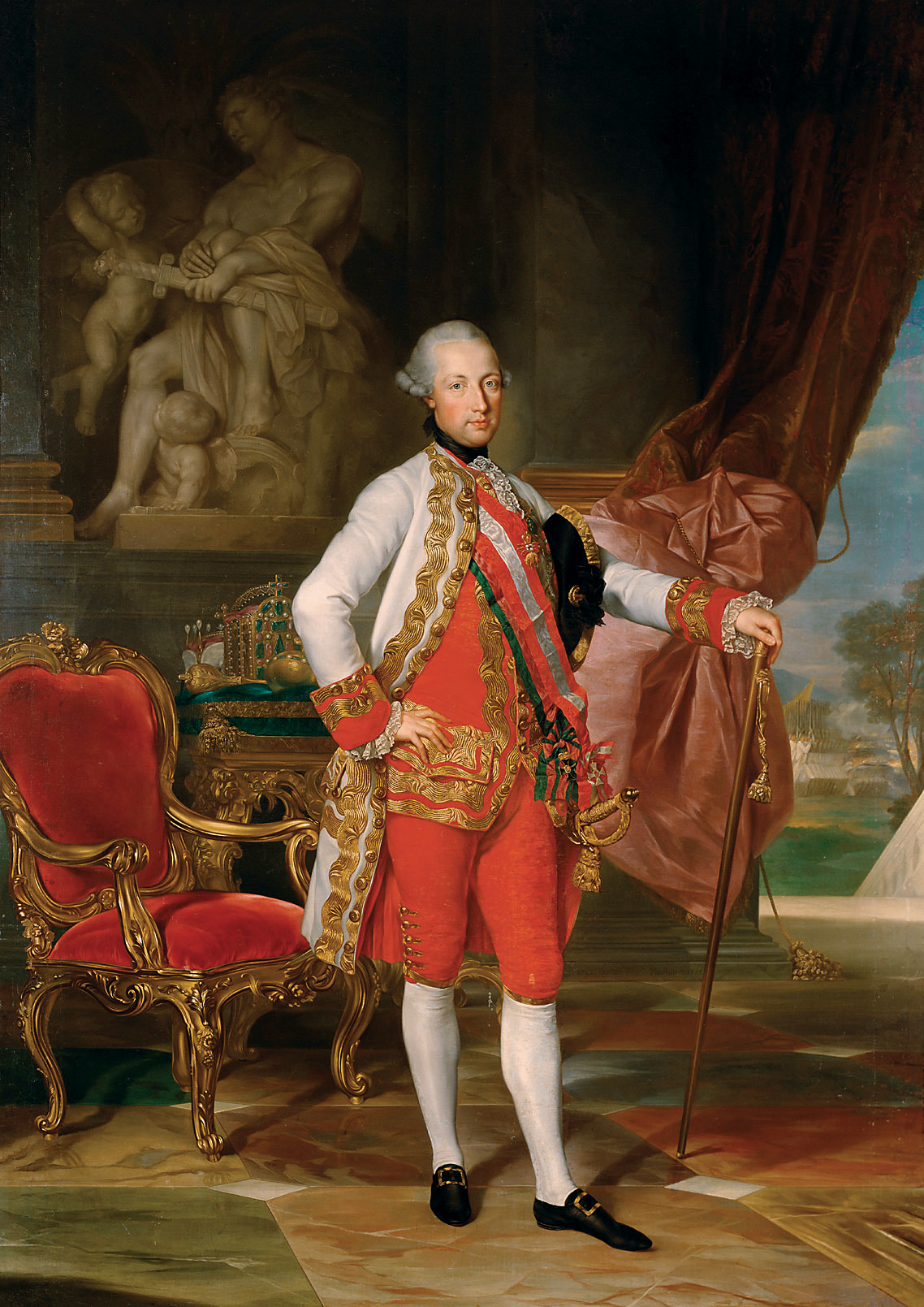

Because they know the future to belong to the centralised nation state, political conglomerations which rest on principles of decentralisation and dissimilarity must be bound to failure. ‘Historians write with the benefit of hindsight. As he points out, there is a central problem with the usual approach:

Instead, we find an account that makes sense of this family and of their perception of the world, one in which dynastic and religious considerations are to the fore. With his background in Danubian history, notably of Hungary and Romania, Rady provides an assessment in which the vista from Vienna is not solely via Milan, Genoa and Barcelona, to Madrid, Seville and Veracruz. Much of the recent work has focused on the Spanish Habsburgs, notably Charles V and Philip II, and it is of high quality, but also detracts from the longer history of the Habsburgs as a German dynasty that created, eventually, the Danubian power. There is of course no shortage of material in print on the Habsburgs, but Martyn Rady adds a distinctive perspective. This is very much to the point with this book, as fortunately nobody died when three men were flung 65 feet from a window in Prague Castle in 1618.

The Age of Miracles is not past because here we have a good book from Penguin (as is often their wont) that is not (as is frequently the case) so heavy that it would be fatal if thrown from an upper window. The Rise and Fall of a World Power by Martyn Rady, Penguin, 2020.


 0 kommentar(er)
0 kommentar(er)
